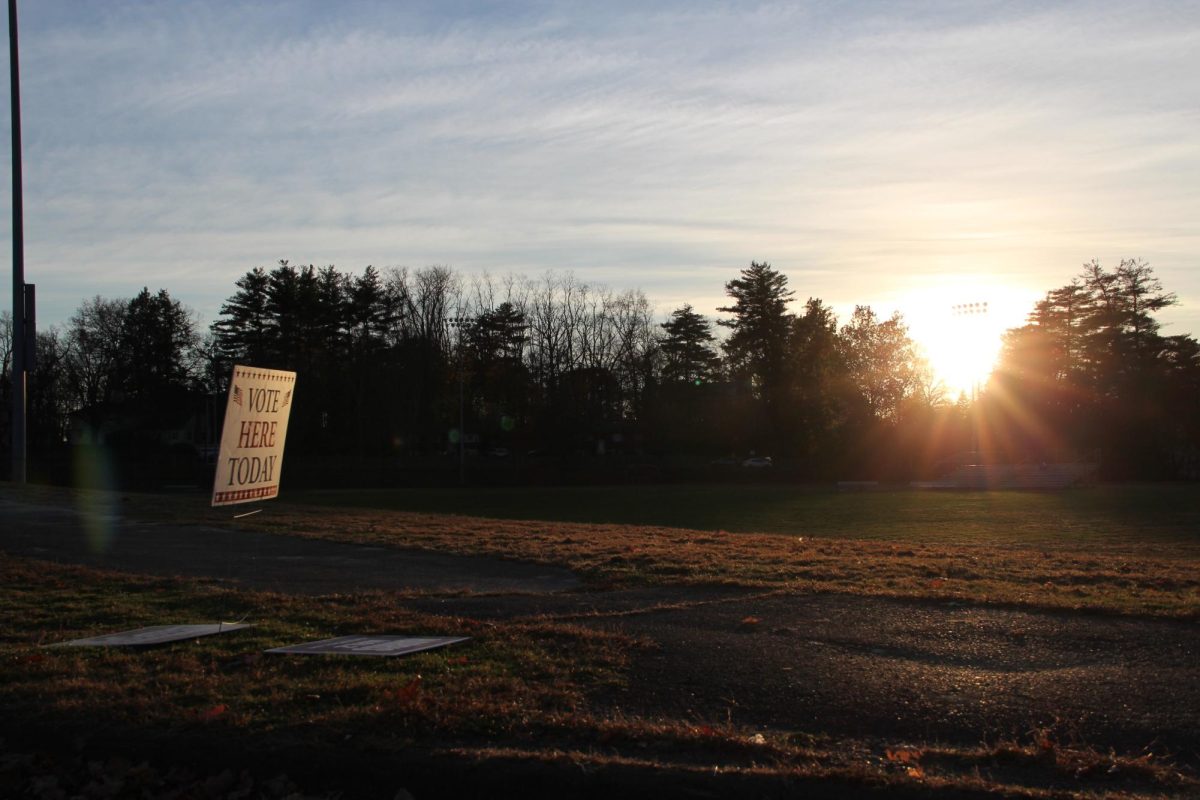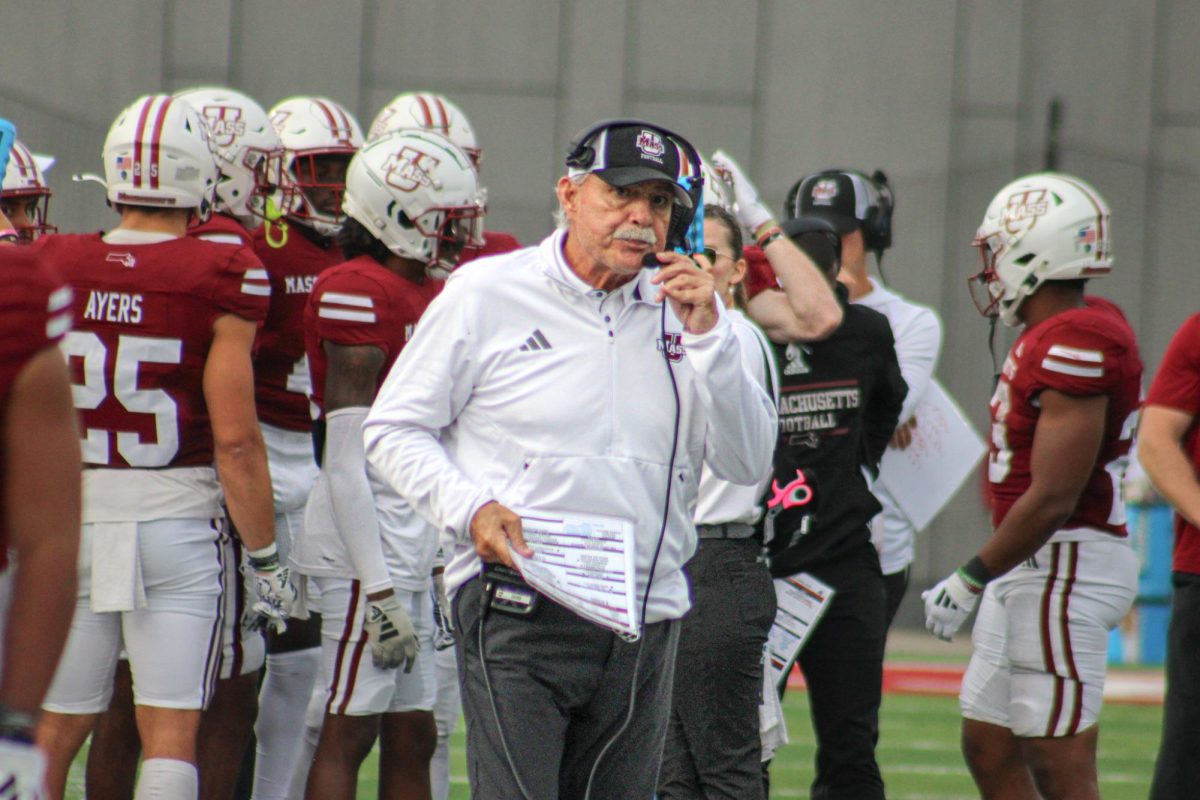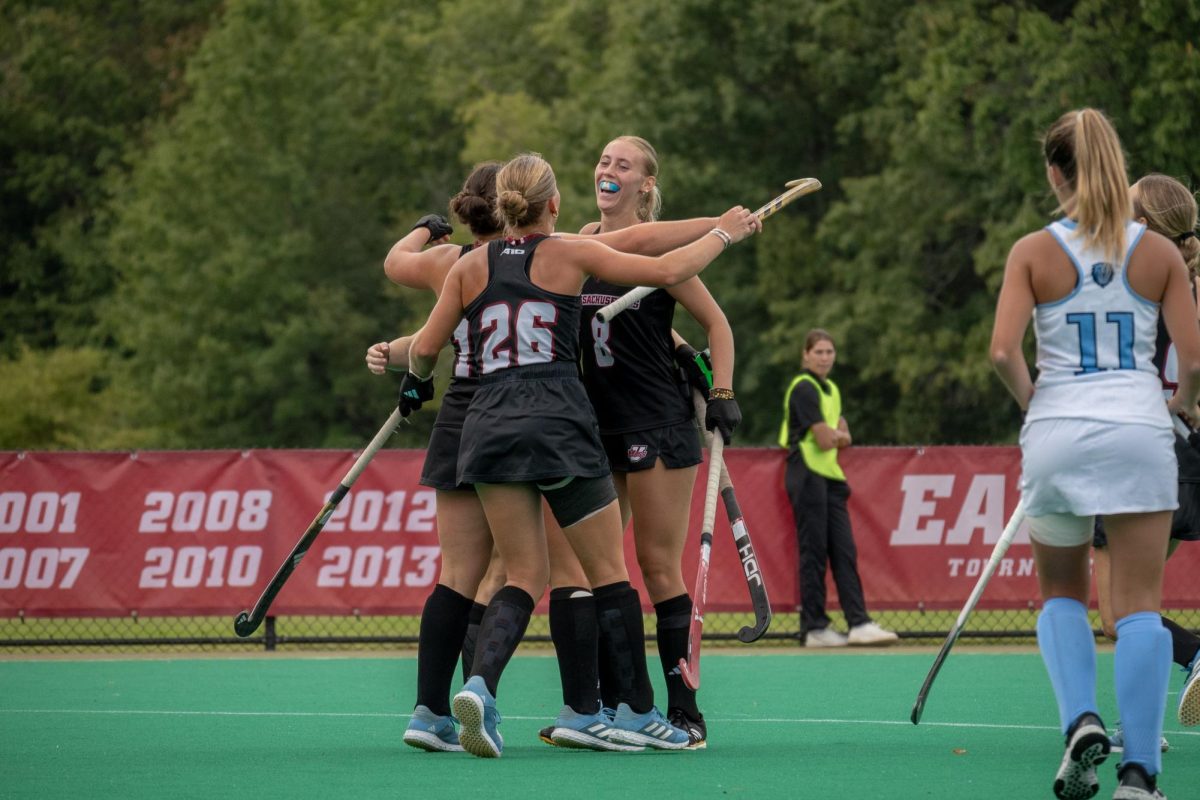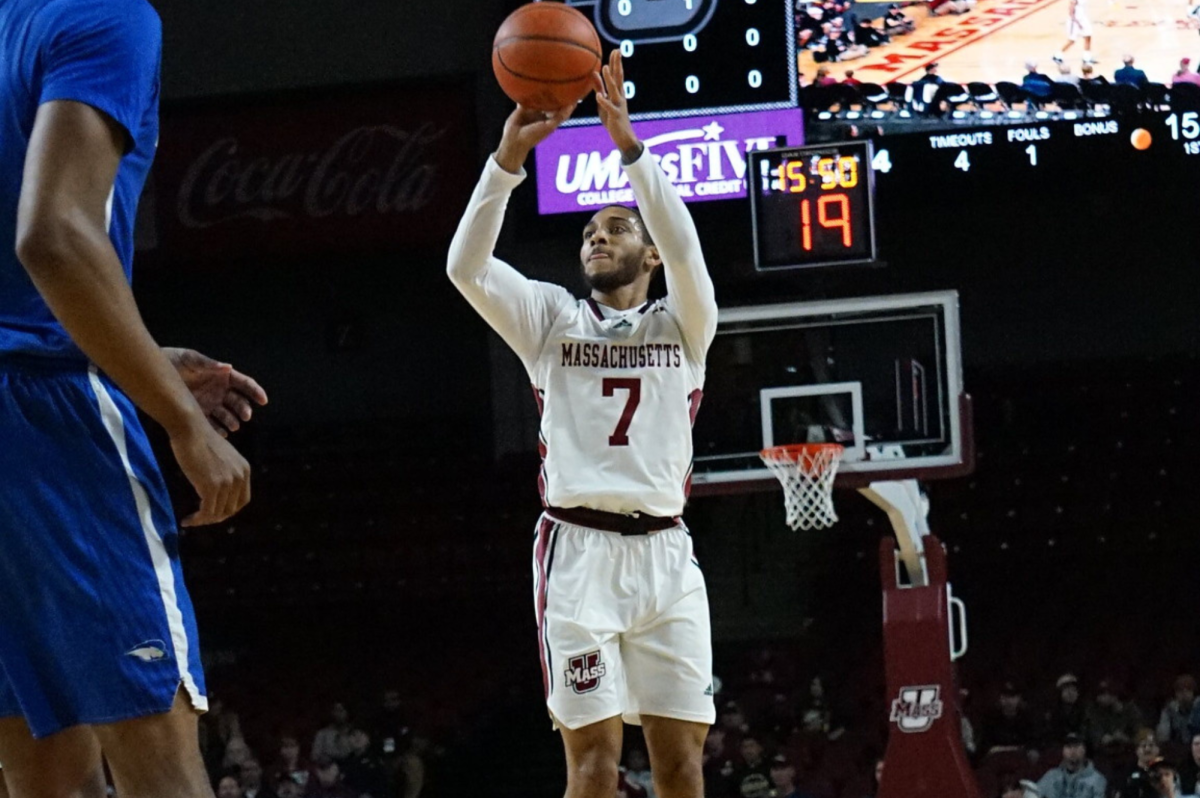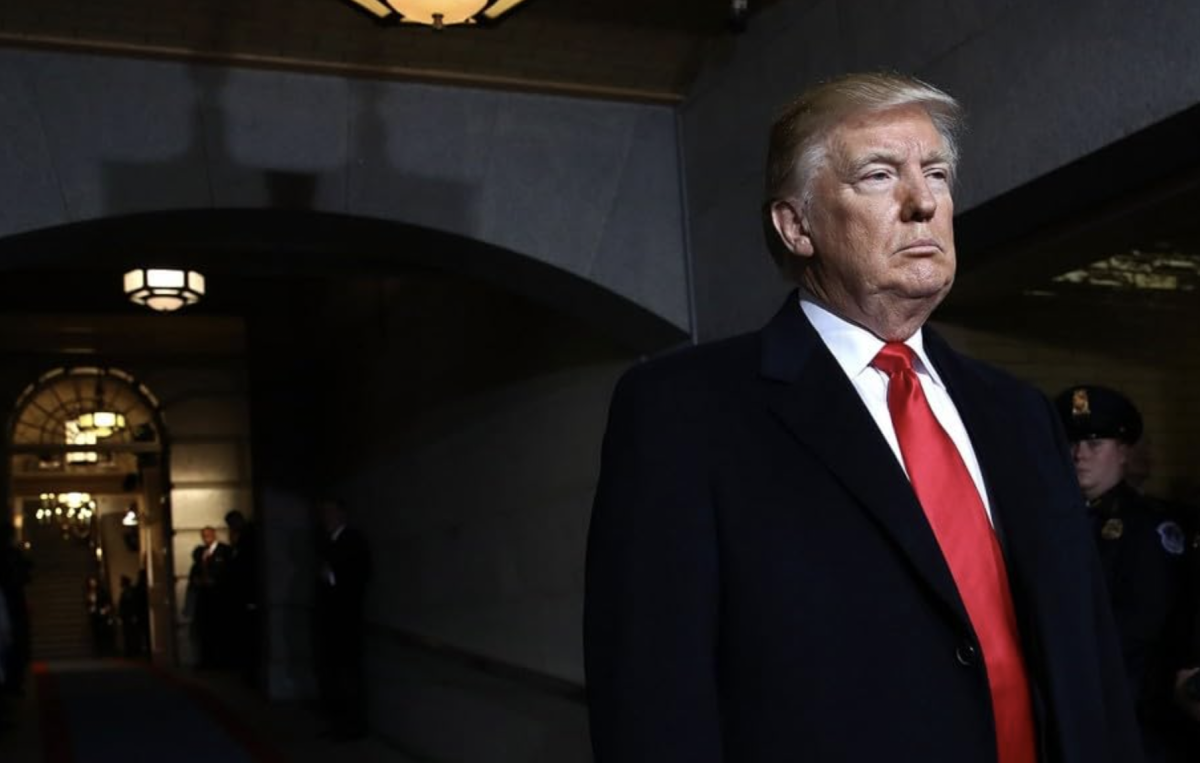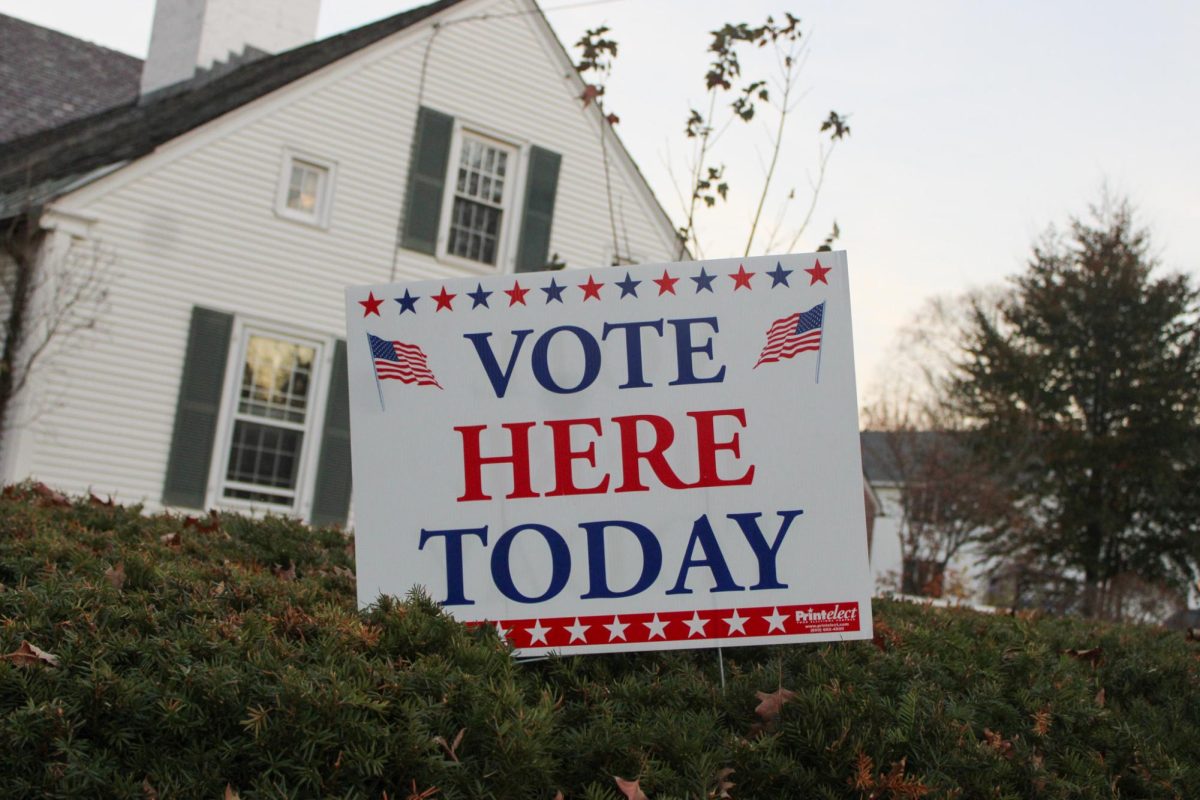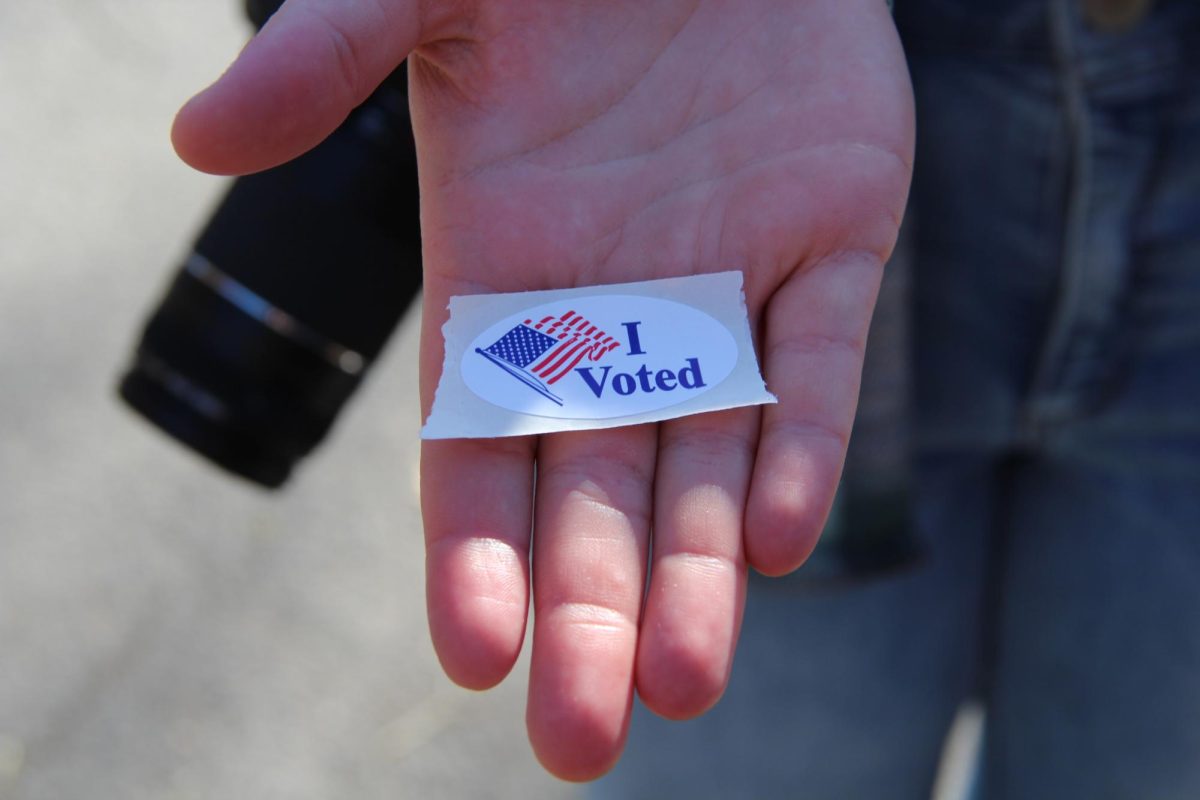
Students, faculty and community members gathered in the Commonwealth Honors College Events Hall for a conversation and question and answer session on education policy with NPR Education Correspondent Eric Westervelt on Friday.
Joined by Dr. Stephen G. Sireci, a professor of educational policy, research and administration at the University of Massachusetts, Sireci lead the discussion focused on education policy and the future of education in the Trump administration.
The event was sponsored by New England Public Radio in conjunction with the UMass Journalism Department and the College of Education.
Westervelt, originally a foreign correspondent for National Public Radio, opened the discussion with insight on how technology has changed education reporting to more in-depth, local journalism focused on teaching and learning in the classroom.
“Our listeners and supporters have responded by saying that this is the kind of in-depth, interesting, intelligent news that takes a step back,” said Westervelt.
With the recent confirmation of Betsy DeVos as the Secretary of Education, Westervelt explained that more in-depth journalism would better explain the effects that new policy has on education around the country.
As the idea of charter schools becomes more popular amongst both the Secretary of Education and some Americans, Westervelt and Sireci began to discuss the worries surrounding incentivizing charter schools over traditional public schools.
Speaking on the fear of negative repercussions involved with taking taxpayer money from public schools and relocating it to private charter schools, Westervelt cited observed gaps in achievement by race and class in certain school districts.
“The big concern is if this is going to further destabilize funding streams for public education, which already given the reliance on property taxes it funded, has created deep inequities,” he said.
Westervelt explained that an important issue in the conversation about charter schools is the question of accountability mechanisms to ensure that charters have sufficient oversight in their admissions process.
Westervelt says that he has seen varied degrees of success with charter schools as an education reporter. Westervelt explained that even proponents of charter schools have admitted that they focus on the schools that are doing well when comparing charter schools to public schools.
“If you look at the math, that’s still a lot of charter schools that are struggling and need to do better, and in some cases need to close,” said Westervelt.
The discussion between Sireci and Westervelt eventually transitioned into a conversation on the impact of President Donald Trump’s recent executive order on travel for international students and faculty members at places of higher education across the United States.
With talks of Trump planning to potentially sign a new executive order on travel in the near future, Westervelt commented that it’s been interesting for him to witness the protests that have been occurring both on campuses and elsewhere.
The conversation then turned into a question and answer session, where audience members came up to a microphone placed at the center of the room to ask Westervelt their questions on education and the current state of our country.
One audience member, Casey Pease, a sophomore political science major, asked Westervelt what students could do to advocate for more affordability in higher education.
“So many people, including myself got Pell Grants to help get through college,” said Westervelt. “It’s a vital part of higher education in America. I think people continuing to advocate and speak out is really the only solution.”
After the event, Pease said that he attended due to his interest in education policy and his interest in the perspective Westervelt has had through being a correspondent for NPR.
“What actually got me interested into political science was education advocacy,” said Pease. “I went to a regional high school, and my school was facing a lot of cuts towards our education, they were laying off a lot of teachers. So I got involved at my school in advocating on behalf of my teachers.”
Pease said that he was pleased with Westervelt’s response to his question of continuing advocacy for higher education on campuses.
“We have to keep speaking out and we have to keep pressing our elected officials,” said Pease. “The thing that is encouraging for me is that there are journalists like himself who are going to keep asking the hard questions and who are going to keep giving us the truths of what the current administration is doing and what is happening with education policy all around.”
Mike Connors can be reached at [email protected].






